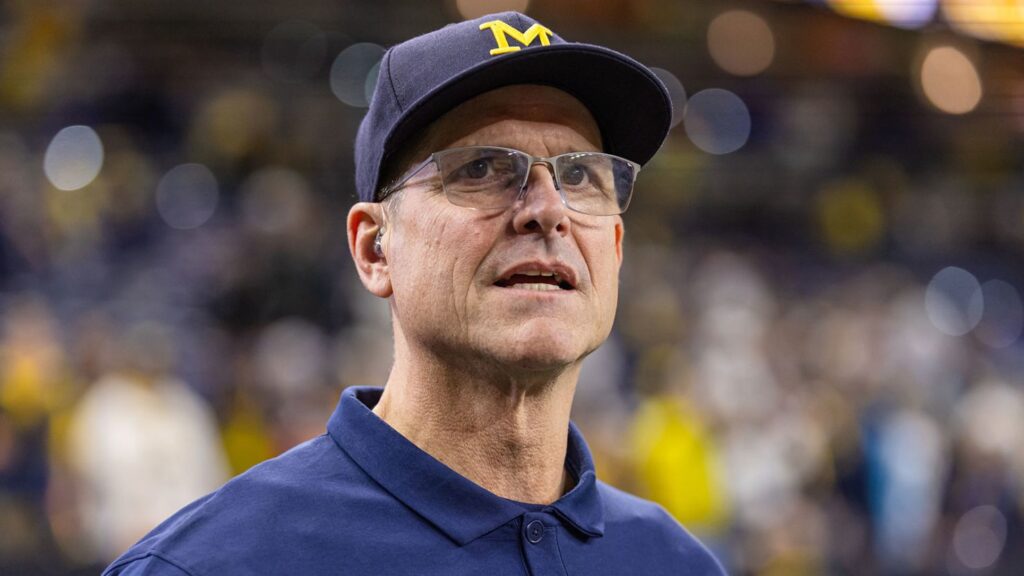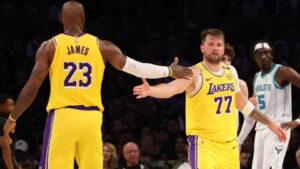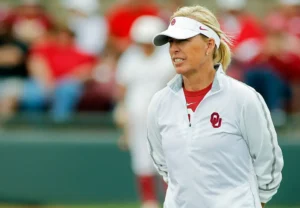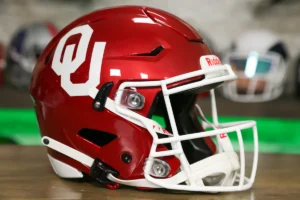
The Michigan Wolverines are entering a new era under Sherrone Moore, which serves as a continuation of the legacy established by Jim Harbaugh. Harbaugh’s departure to assume the head coaching position with the Los Angeles Chargers last week occurred at a time when the program is well-positioned for future success, having recently secured a national championship and established a solid foundation.
At his introductory press conference, Moore expressed gratitude towards Harbaugh, affirming his commitment to continue the program’s trajectory in the right direction. Harbaugh has long recognized Moore as a promising coaching talent destined for a head coaching role, and his 4-0 record as interim head coach this season, during Harbaugh’s suspensions, underscored his capability to lead the team to significant victories, notably against Penn State and Ohio State.
Harbaugh’s endorsement of Moore, a coach highly regarded by both players and staff, mitigates potential negative ramifications stemming from Harbaugh’s departure. Unlike situations at Alabama and Washington, where head coaching vacancies arose due to Nick Saban’s retirement and Kalen DeBoer replacing him at Washington, respectively, Michigan has not experienced a mass exodus via the transfer portal. This resilience can be attributed to the solid foundation and culture fostered by Harbaugh.
While former strength and conditioning coach Ben Herbert is departing with Harbaugh, along with reportedly defensive coordinator Jesse Minter and special teams coordinator/safeties coach Jay Harbaugh, the core of Michigan’s staff remains intact in Ann Arbor, reflecting Harbaugh’s winning culture.
Harbaugh’s transition to the NFL following a national championship victory was not unexpected, given his affinity for the league and his age of 60. Having achieved the pinnacle of success for the Wolverines by securing their first outright national championship since 1948, Harbaugh’s departure marks a natural progression in his coaching career.





